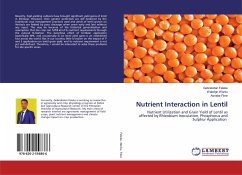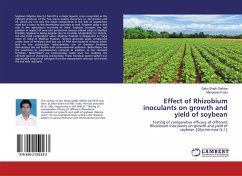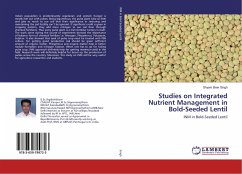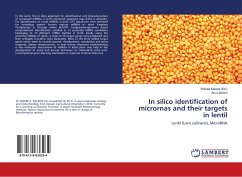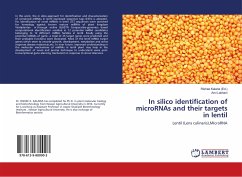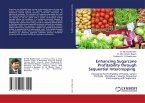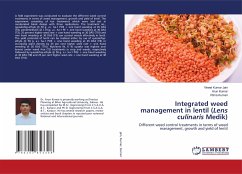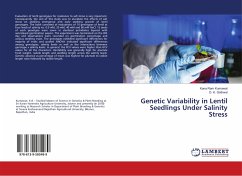Recently, high-yielding cultivars have brought significant yield gains of lentil in Ethiopia. However, their genetic potentials are still hindered by the traditional crop management practices used and yields of lentil grown on Vertisols are limited by poor drainage when sown early and late without any input. This may be because of the historical generalization and assumption that the crop can fulfill all of its nutrient requirements through the natural N-fixation. The beneficial effect of fertilizer application (specifically NPK, and occasionally S) on lentil yield gains is an established fact across the world. But in our country, little is known on the impact of P and S applications on lentil grain yield, and its nutrient requirement is not yet well-defined. Therefore, I would be interested to solve these problems for site specific areas.
Hinweis: Dieser Artikel kann nur an eine deutsche Lieferadresse ausgeliefert werden.
Hinweis: Dieser Artikel kann nur an eine deutsche Lieferadresse ausgeliefert werden.

